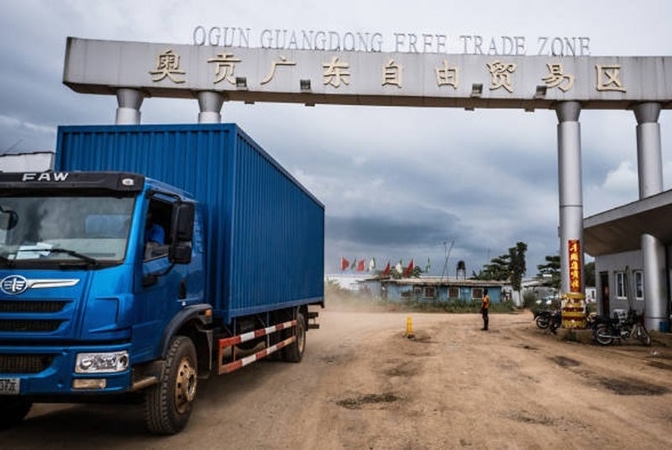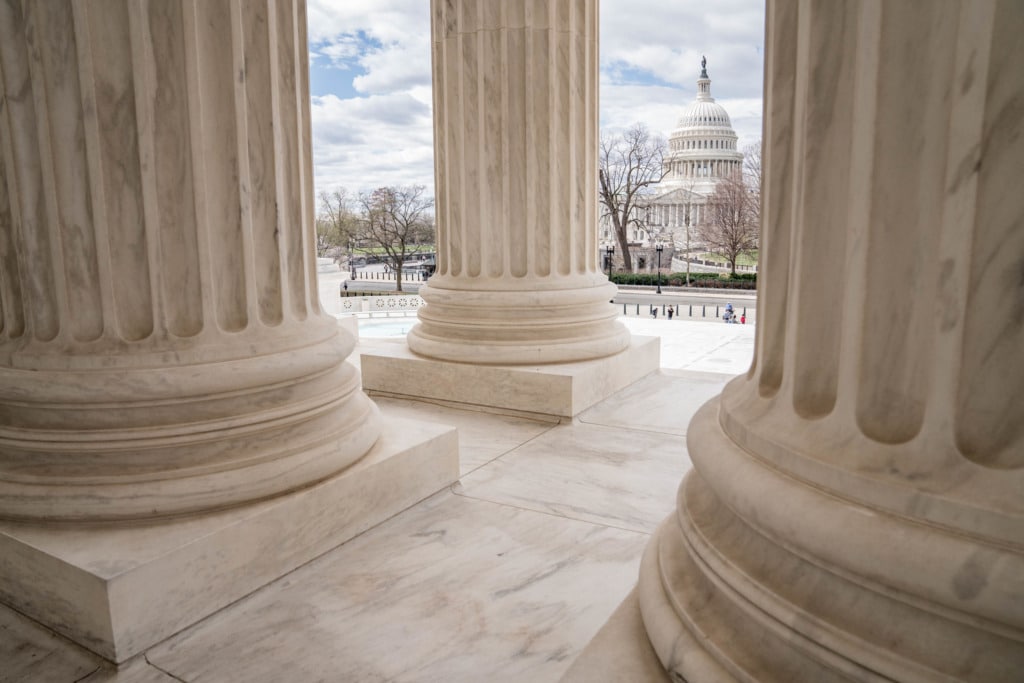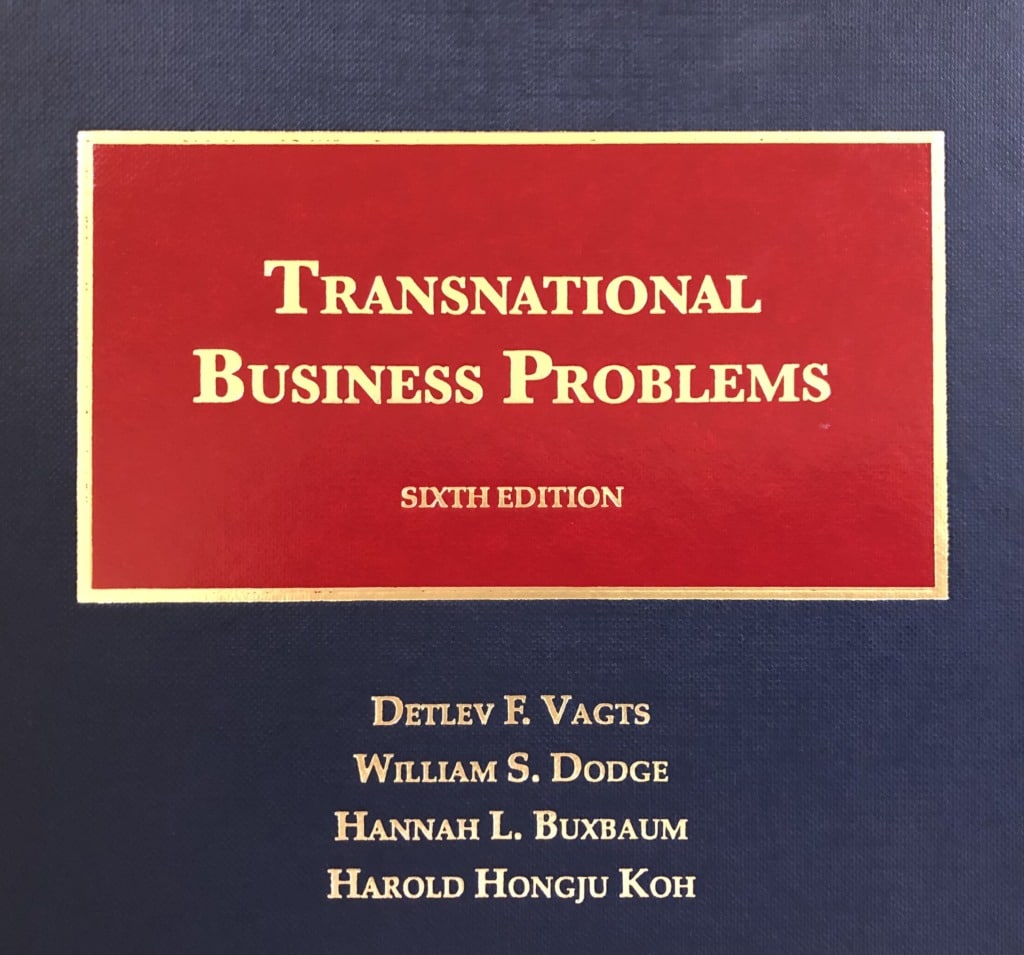Does the New York Convention Apply to Investor-State Awards?
On August 9, 2024, in Zhongshan Fucheng Industrial Investment Co. v. Federal Republic of Nigeria, the D.C. Circuit held that Nigeria was not immune from suit to enforce an arbitral award for a Chinese investor under a bilateral investment treaty. The U.S. Foreign Sovereign Immunities Act (FSIA) has an exception to state immunity for actions…
Continue ReadingThe Burden of Proving Foreign Sovereign Immunity
The Supreme Court has granted cert in Republic of Hungary v. Simon and will soon hear oral argument, likely in December. The principal question is how to interpret “property exchanged for such property” under the Foreign Sovereign Immunities Act’s (FSIA) expropriation exception, 28 U.S.C. § 1605(a)(3). But the three issues before the Court also include…
Continue ReadingSystemic Due Process and the Hague Judgments Convention
The State Department is exploring ratification of the Hague Judgments Convention (HJC) and Convention on Choice of Court Agreements (COCA). It has announced a meeting of the Advisory Committee on Private International Law for October 24-25 to discuss these conventions (as well as the Singapore Convention on mediation) and how they might be implemented. As…
Continue ReadingGovernor Newsom Signs Holocaust Art Bill
Yesterday, California Governor Gavin Newsom signed AB 2867 into law. The bill provides that California law applies in suits brought by a California resident involving the theft of art or other personal property during the Holocaust or other political persecutions. Assemblymember Jesse Gabriel introduced AB 2867 in response to the Ninth Circuit’s decision earlier this…
Continue ReadingNinth Circuit Denies Rehearing in Doe v. Cisco Systems
On September 3, 2024, the Ninth Circuit denied rehearing en banc in Doe v. Cisco Systems. The panel had held that Chinese practitioners of Falun Gong could sue Cisco, a U.S. company, for aiding and abetting human rights violations by building a surveillance system for the People’s Republic of China. Judge Patrick Bumatay (joined by…
Continue ReadingHow (Not) to Decide Whether a Foreign Judgment Is Preclusive
Foreign judgments are generally entitled to recognition in the United States. Beneath that simple statement, however, lie many complexities. When lawyers and judges do not understand those complexities, they are likely to go astray. That seems to be what happened in Wash v. Finch, a recent federal decision in the District of New Jersey. This…
Continue ReadingUsing TLB to Teach International Business Transactions
As the fall semester gets underway, we are updating our posts on using resources on TLB to teach various classes. This post discusses International Business Transactions (IBT). Although TLB focuses on litigation and IBT focuses on transactions, there is a great deal of overlap. The most obvious examples are contractual clauses that plan for dispute resolution,…
Continue ReadingMexico’s Claims Against Gun Manufacturers Suffer a Personal Jurisdiction Setback
In 2021, Mexico sued seven U.S. gun manufacturers in federal district court for the District of Massachusetts, alleging that they design, market, and sell guns in ways that they know will arm Mexican drug cartels. As described in an earlier post, the First Circuit held that some of Mexico’s claims were not barred by the…
Continue ReadingEighth Circuit Rejects Argument for Foreign-Policy Abstention
On August 1, 2024, the Eighth Circuit issued its decision in Reid v. Doe Run Resources Corp., rejecting defendants’ argument that the case should be dismissed based on international comity. As Maggie Gardner has explained in greater detail here and here, the plaintiffs in Reid are more than 1,400 Peruvian citizens who suffered harm as…
Continue ReadingFourth Circuit Rejects Forum Non Conveniens Defense to Enforcing Arbitral Award
The New York Convention governs the recognition and enforcement of most foreign arbitral awards in the United States. Article V of the Convention sets forth limited grounds on which enforcement may be refused. But Article III makes the enforcement of foreign arbitral awards subject to “the rules of procedure of the territory where the award…
Continue Reading







